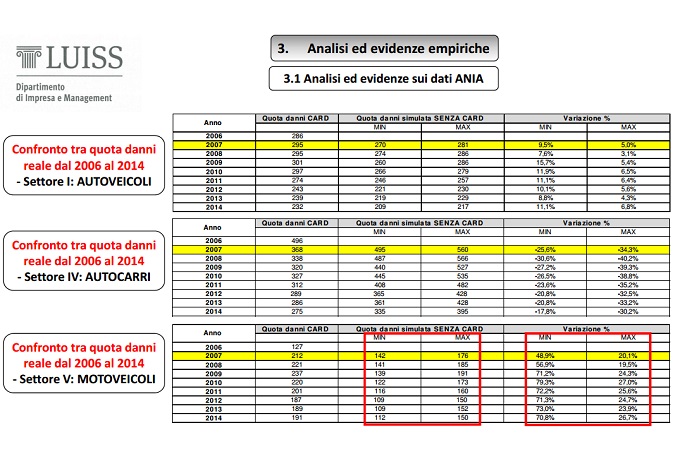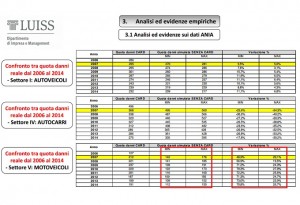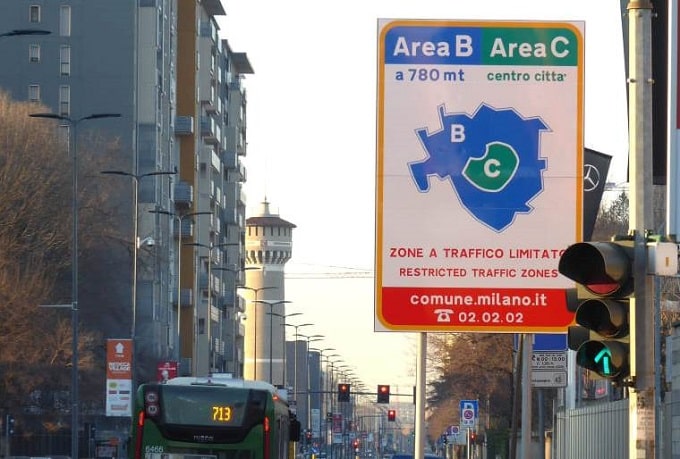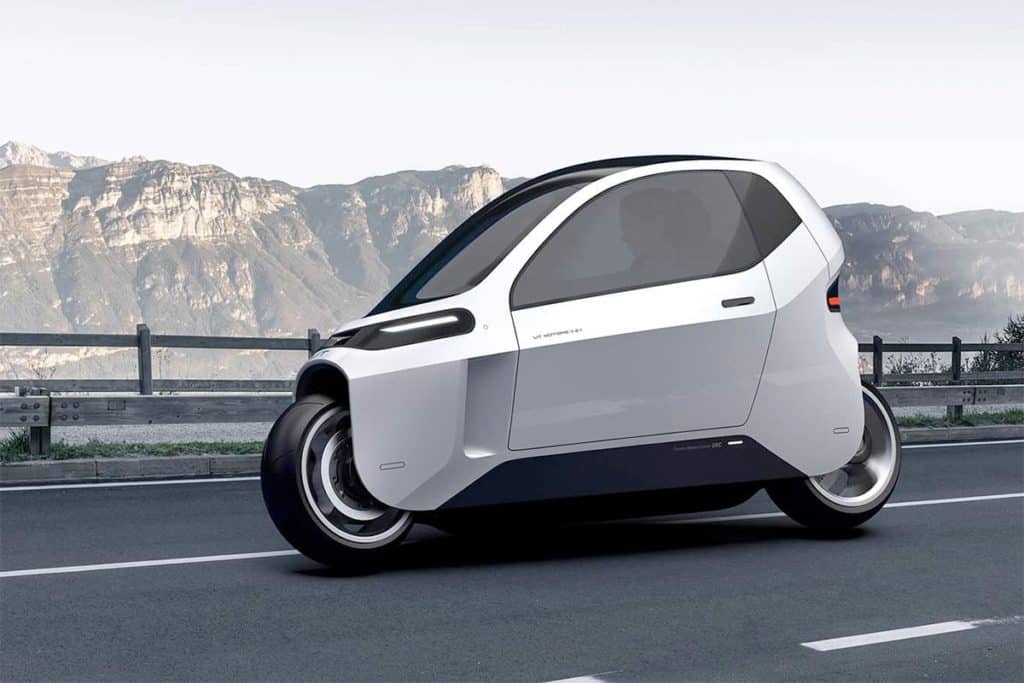Europe opens up to a future without suspension for motorcycle insurance
The ruling came after a controversy arising from an incident in Portugal


Hard times ahead for motorcyclists and motorists across Europe. We had already talked about it in reference to cars (here our article), but the worst implications are perhaps for motorcyclists. The Court of Justice of the European Union, in fact, ruled on a specific case declaring that if a vehicle is registered and is suitable for road circulation, it must necessarily be insured. This is a turning point, if not epochal, certainly very important in a delicate field (especially for consumers' pockets) such as that of motorbike liability insurance.
Suspendable policies: the EU ruling
The ruling filed last September 4 by the European Court of Justice leaves little room for interpretation: every vehicle registered and fit for circulation must be insured even if the owner keeps it parked in a private area, and this also applies to two-wheelers motor. The ruling is the result of a controversy relating to a road accident that occurred in Portugal. Specifically, a motorist had driven his mother's car, causing an accident with an uninsured car, which had been sitting in the garage for some time and was unused. The Court of Justice found the man wrong, but not only that. The judges have required all member states of the Union to adopt legislation in their internal laws that imposes compulsory insurance for all roadworthy vehicles.
Suspension of the RC policy: the repercussions
The ruling from the European Court of Justice risks having a tangible impact on the pockets of many citizens who now risk seeing their tariff increase exponentially as the coverage is, in fact, extended over a continuous period of time and no longer fixed for a certain period. more or less long period. In turn, the decision could impact the budget of those who use two wheels not only for pure pleasure, but also for needs related to traffic or even just the motivation to make our cities less crowded and less polluted. In short, a big problem.
Suspendable policies: what will happen
In reality, beyond the peremptoriness of the sentence there are some regulatory gaps that leave room for interpretations. The most important concerns the meaning of roadworthy or unroadworthy vehicles. What are the criteria that will establish these definitions? According to the ruling, only cars and motorbikes that are not roadworthy are excluded from the insurance obligation, but it is to be believed that this division will cause discussion among legislators, companies and end users alike.
From road tax to insurance, another shift in obligation from use to possession only?
Those who are a few years older will remember the historic transition from circulation tax (which was therefore paid only if you used a vehicle) to property tax for car and motorbike tax, now well over 30 years ago. The reasons are easy to understand, from the timely checks that the police carried out on the vehicles in circulation, we have moved on to a system that is much more difficult to evade: it is enough to be the owner of a motorbike or a car, at that point the payment is due, the controls are therefore simpler and, for years now, the collection rate has been very high. So today, even if you put a motorbike in your living room to admire it as an object and without using it, you still have to pay the ownership tax, unless you deregister the vehicle, with charges and complications if you subsequently want to re-register it (moreover the original license plate would be lost). Tomorrow (even if we hope it won't be like this) it could be the same for the RC policy, if this thing actually goes through. Considering that many motorcyclists suspend the policy making it normally last double or more, you will understand well the economic impact, not only on their pockets, but the possible negative repercussions on the related industries and the huge disincentive for a sector that was returning to growth after a period of black crisis. Without neglecting the topic of motorbikes of historical interest, which do not pay ownership tax, but only a small amount in case of circulation, which suddenly should be covered by a policy, even if kept stationary on private land. A madness, but unfortunately one that we are now sadly used to suffering.
if you want to always be updated on our news
Follow us here



















